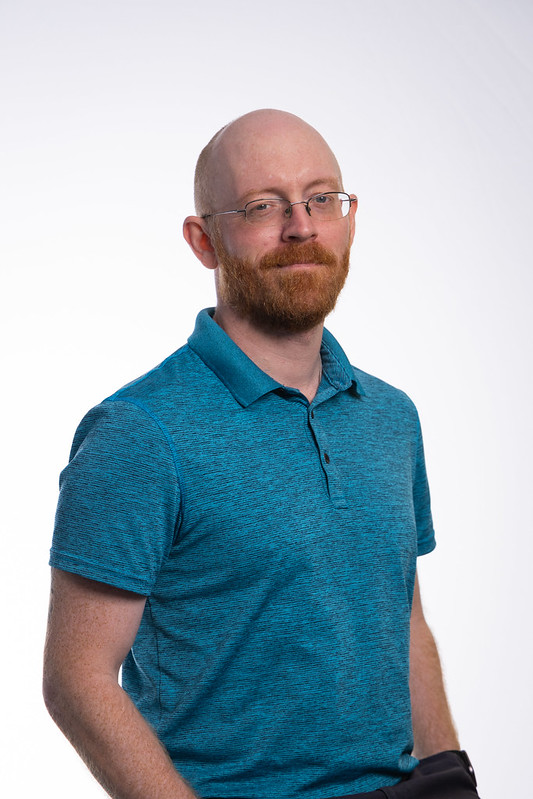New position at Oregon State University focuses on veteran, military student mental health
Oregon State University has hired its first counselor who is focused on serving veterans and military-connected students on the Corvallis campus.
Donald Phillips is the university’s first mental health and wellness coordinator for the military connected community, which includes veterans, ROTC students, and families of military members. He began working with Counseling and Psychological Services this fall, and says it’s important to have staff dedicated to working directly with the military community.
“One of the reasons is that this is a population that experiences mental health struggles at a disproportionately higher rate than the civilian population,” Phillips said.
Phillips served for four years active duty as an Army medic, including a deployment to Iraq in 2009-2010. He later attended Linn-Benton Community College and then graduated from Oregon State University in 2016 with a degree in psychology, before getting his masters in mental health counseling from George Fox University. During his undergraduate and graduate degrees, he worked with military and veteran communities, including working as one of the first work-study students for OSU Military and Veteran Resources Advisor Willie Elfering.
“I was extremely excited when CAPS Executive Director Ian Kellems informed me they would be able to support the new position to support our military connected community, and even more so when Don came out as the top candidate,” Elfering said. “He has the war zone experience to more easily connect with our combat veterans, but also the caring and empathetic approach that others will find welcoming. CAPS provides tremendous support to the student community as a whole, but having Don focused specifically on our community will have a definite impact on the successful transition to higher ed and the overall academic success of our students.”
Phillips’ role was created as part of an effort by CAPS to provide identity-based coordinators to serve specific communities, including mental health specialists focused on supporting Black, Indigenous and Pacific Islander individuals and students identifying as LGBTQ+. Coordinators in these areas have special training and expertise in working with these communities.
“Having Don in this new position has really been a game-changer for strengthening CAPS’ relationship to the veteran and military-connected populations here at OSU,” Kellems said. “He’s passionate about supporting veterans, personally understands their unique culture and needs, and is deeply invested in serving them”
For Phillips, an important part of his job is having an understanding of the unique lived experiences of veteran and military connected students, including the impact of military trauma, PTSD, traumatic brain injuries, depression and substance use. Veterans have a much higher suicide rate than the civilian population, with around 20 veterans a day dying by suicide, which is about 1.5 times higher than the civilian suicide rate.
“Statistically, people who have served in the military experience mental health struggles at a higher rate than the general population,” Phillips said. “Additionally, veterans are typically nontraditional students. They’ve come to college after spending at least three or four years serving in the military, and their lived experiences don’t match up with those of traditional aged students.”
One of the benefits of experiencing time in the Army is that clients have to do a lot less explaining, Phillips said. “I can understand the broader context of their experiences. So they have to lay less groundwork in order to talk to me.”
And breaking down those boundaries means that military-affiliated students have one less reason to avoid counseling, which Phillips said is important given that typically veterans and those in the military often struggle to ask for help, because their training emphasizes independence and self-reliance. Getting them to view counseling not as a weakness but as an important tool in their success is why Phillips is at OSU.
“It’s a population that needs help and is reluctant to ask for it,” he said. “That’s why part of my job is outreach, connecting with my community and spending time each week in the Military and Veteran Resource Center. That’s been helpful in getting more students to connect with CAPS.”
Students looking to connect with Phillips can contact CAPS at https://counseling.oregonstate.edu/ or call 541-737-2131.













